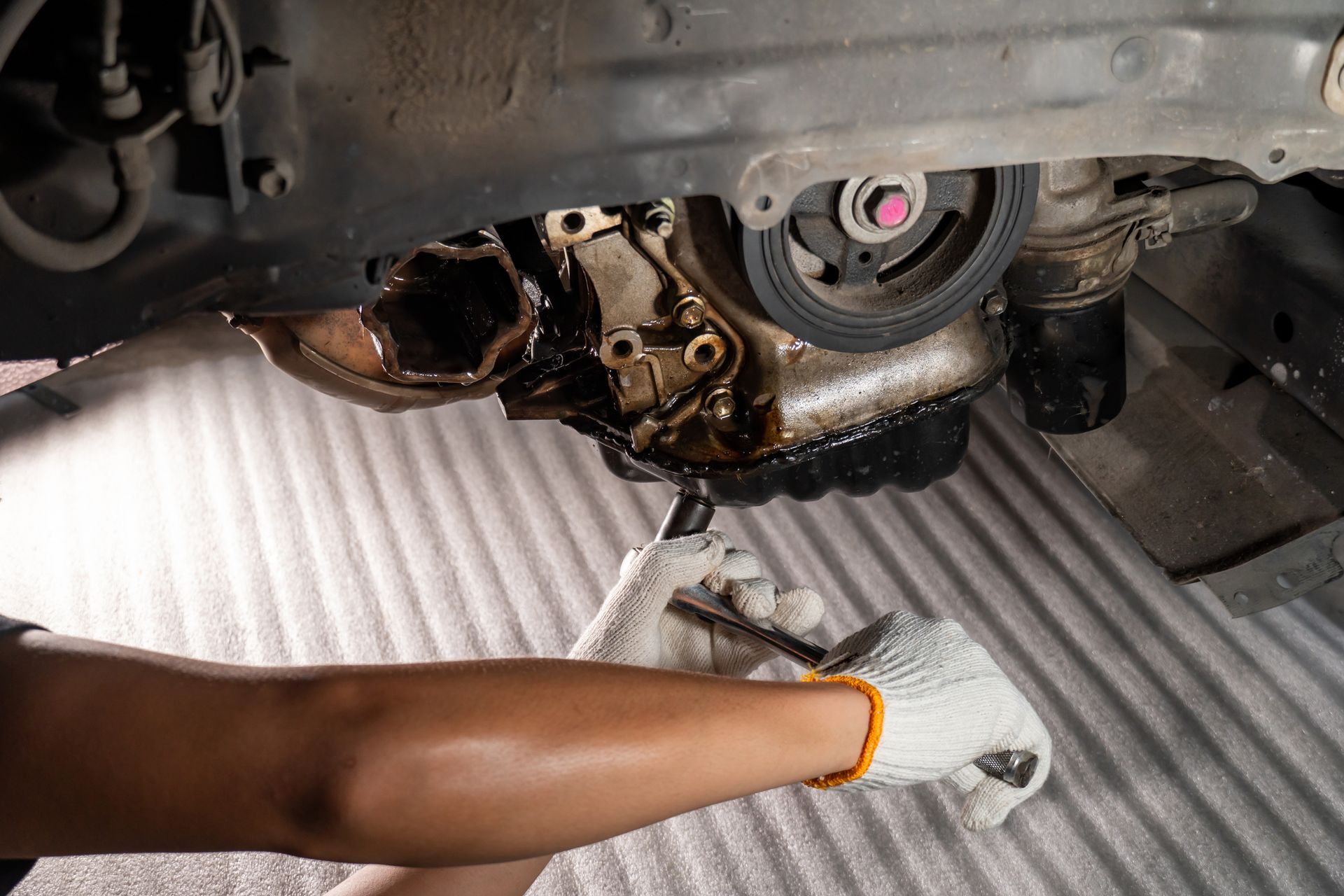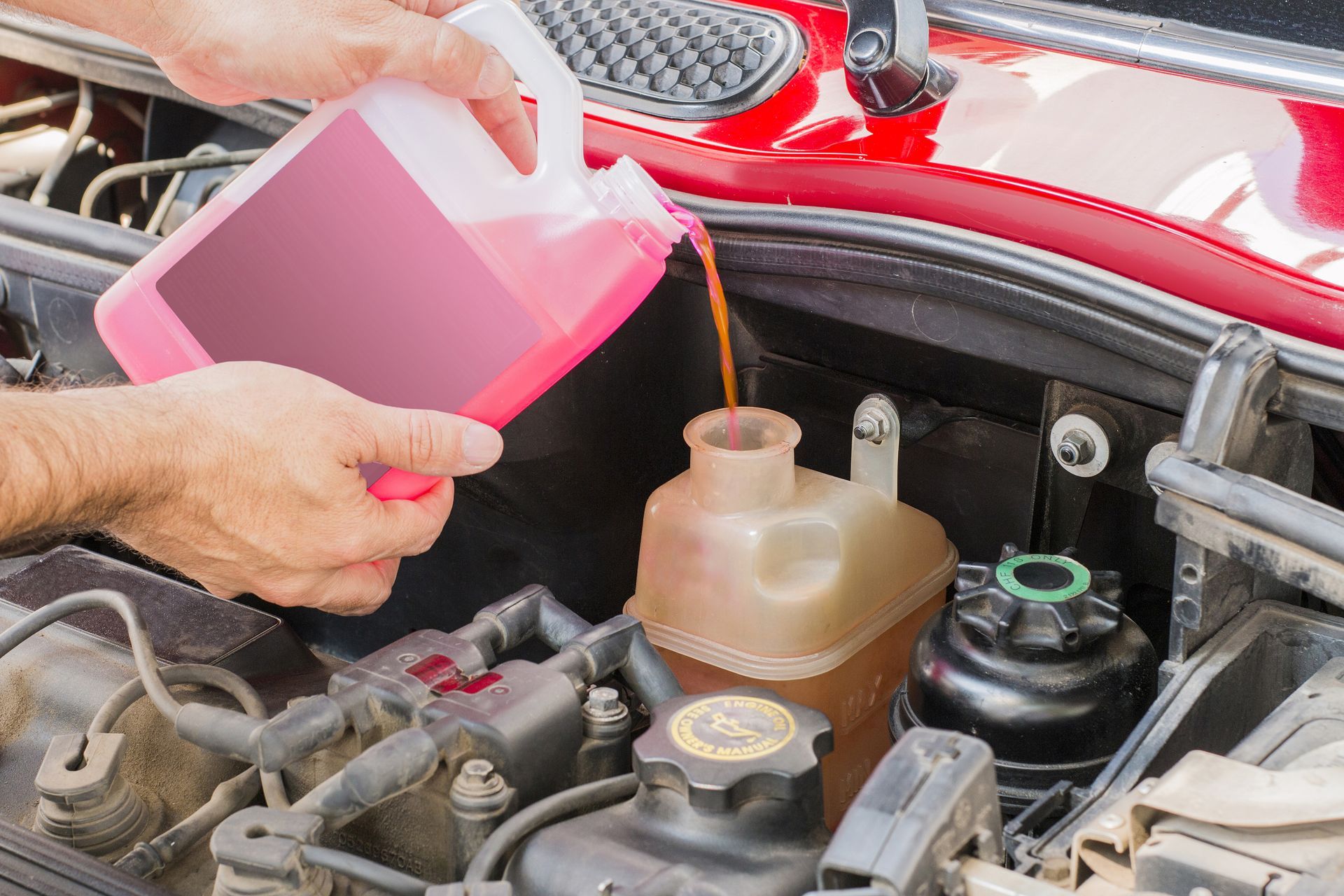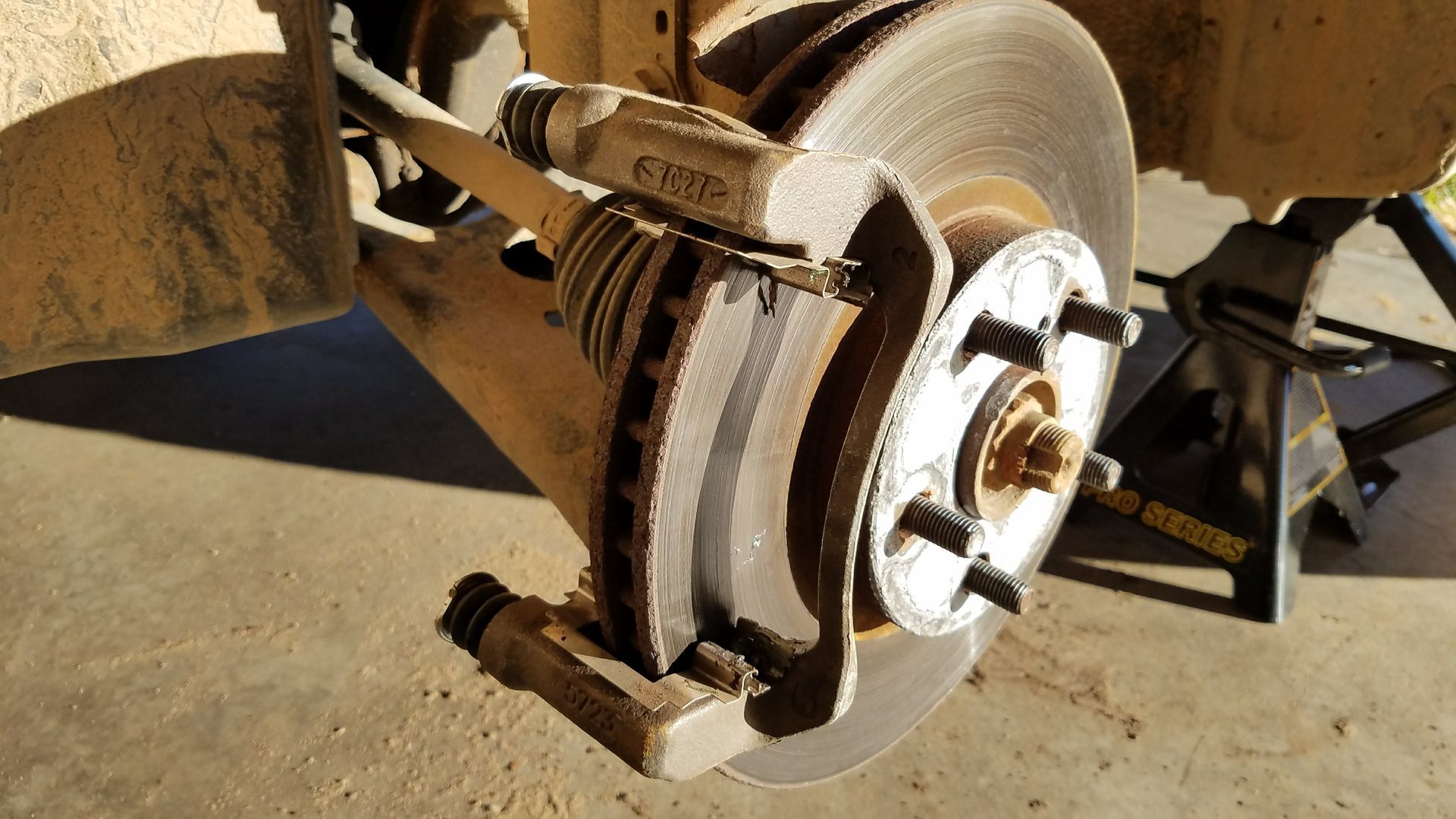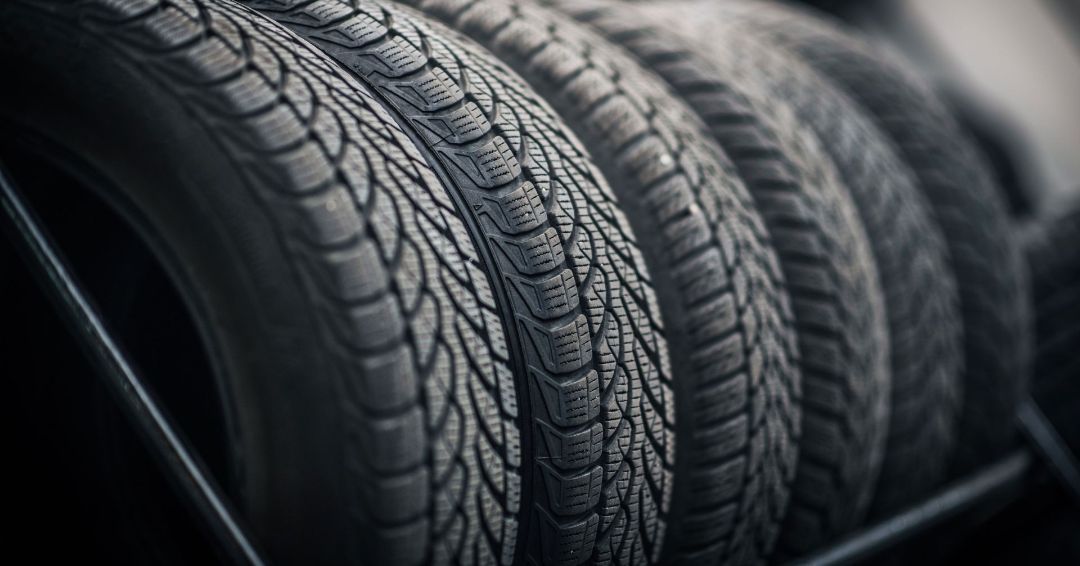Understanding Different Tire Types: All-Season, Summer, and Winter
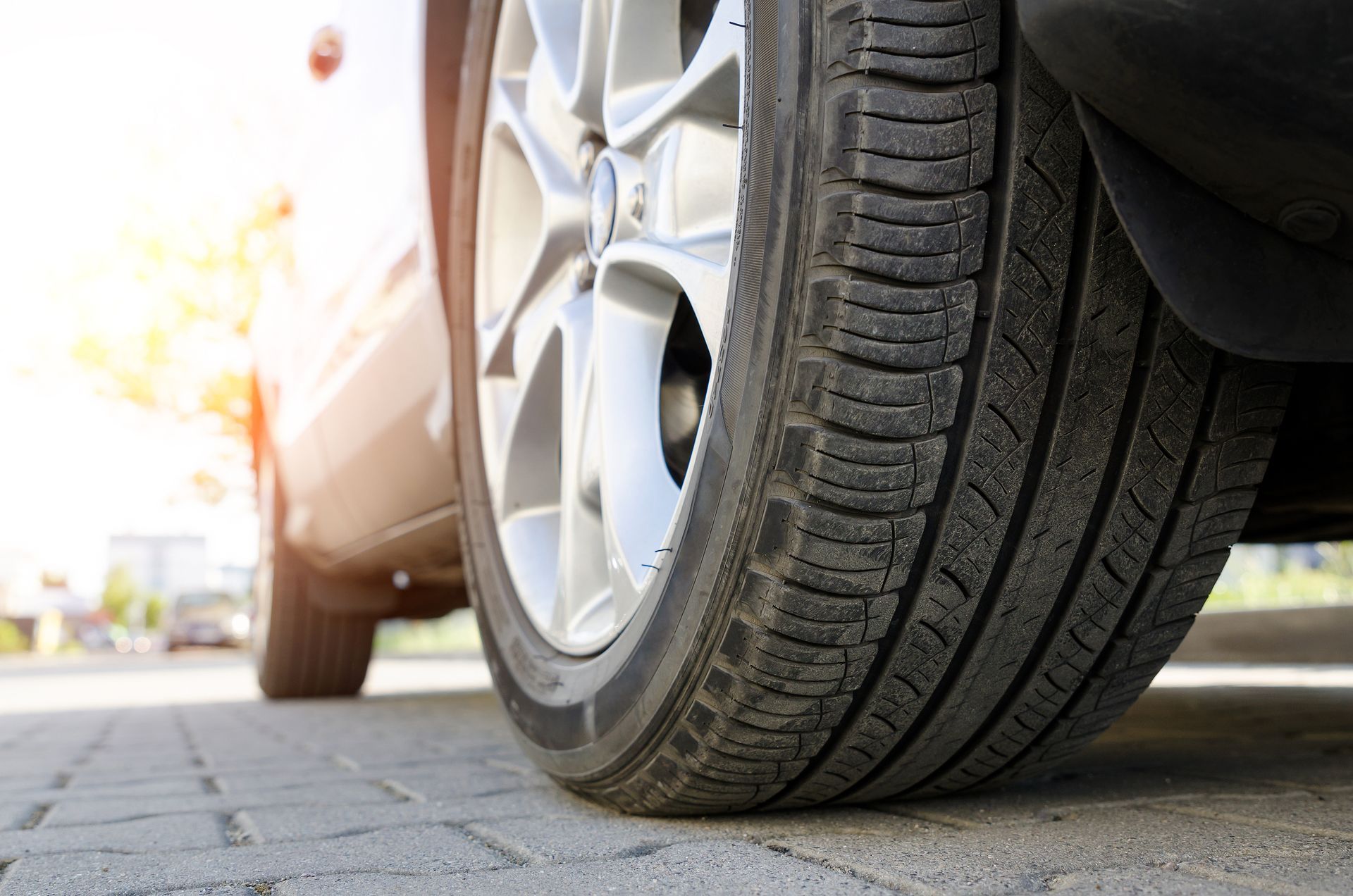
Understanding Different Tire Types: All-Season, Summer, and Winter
Choosing the right tire for your vehicle is more than just a matter of size and fit.
It's about understanding the different tire types and their specific uses.
From all-season to summer and winter tires, each type has its unique features and benefits.
In this guide, we'll delve into the details of these tire types, helping you make an informed decision for your vehicle.
The Importance of Choosing the Right Tire
The type of tire you choose can significantly impact your vehicle's performance.
It can affect fuel economy, handling, and braking distance.
Moreover, the right tire type can enhance safety, especially in adverse weather conditions.
Therefore, understanding the different tire types is crucial for every vehicle owner.
All-Season Tires: A Versatile Option
All-season tires are designed to perform well in a variety of conditions.
They combine the features of summer and winter tires to offer a balanced performance.
These tires are made with a special rubber compound that remains flexible in both hot and cold temperatures.
This flexibility allows for good traction on wet and dry roads, as well as in light snow.
All-season tires also feature unique tread patterns that help evacuate water and resist hydroplaning.
Here are some key features of all-season tires:
- Moderate tread depth
- Unique tread patterns
- Flexible rubber compound
- Good traction in various conditions
Advantages of All-Season Tires
All-season tires offer versatility.
They can handle a variety of weather conditions, making them a practical choice for many drivers.
Moreover, they provide a comfortable ride and have a longer tread life compared to other tire types.
Limitations of All-Season Tires
Despite their versatility, all-season tires are not the best in extreme weather conditions.
They may not provide the best grip on icy roads or in heavy snow.
Also, they may not perform as well as summer tires in very hot conditions.
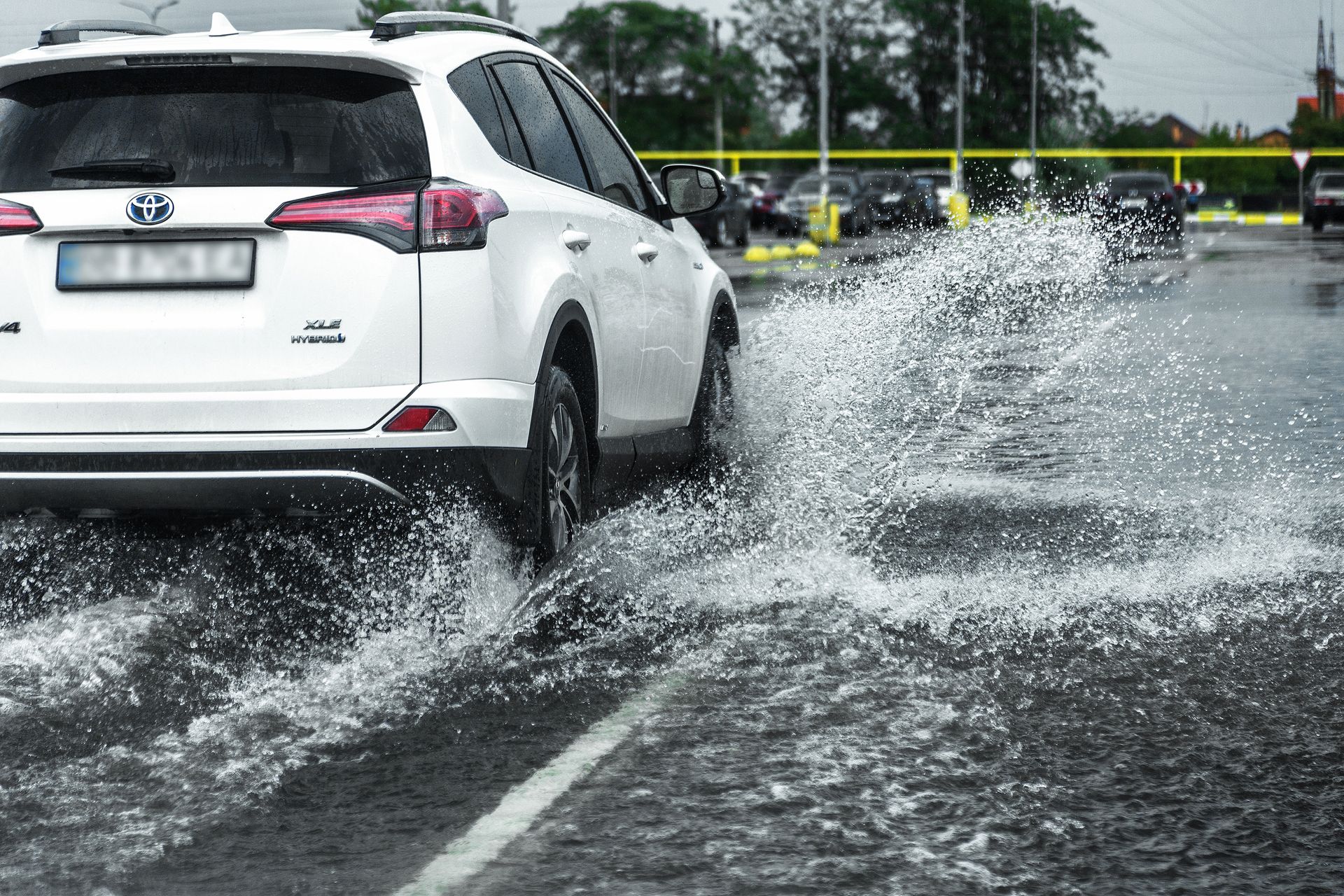
Summer Tires: Designed for Warmth
Summer tires, also known as performance tires, are designed for speed and agility.
They are made with a special rubber compound that performs best in warm temperatures.
These tires have less grooving and a larger contact patch for better grip and handling on dry and wet roads.
Summer tires also feature unique tread patterns that help resist hydroplaning.
They are ideal for high-performance vehicles and are often used in racing.
Here are some key features of summer tires:
- Less grooving
- Larger contact patch
- Special rubber compound for warm temperatures
- Excellent dry and wet traction
Benefits of Summer Tires
Summer tires offer excellent grip and handling in warm weather.
They provide superior performance on both dry and wet roads.
Moreover, they can handle high speeds better than other tire types.
Drawbacks of Summer Tires
Summer tires are not suitable for cold weather.
Their performance decreases significantly in temperatures below 7°C (45°F).
Also, they cannot handle snow or ice at all.

Winter Tires: Safety in Cold Climates
Winter tires are designed to perform in cold, snowy, and icy conditions.
They are made with a special rubber compound that remains flexible in cold temperatures.
This flexibility allows for better grip and traction on snowy and icy roads.
Winter tires also feature deep tread patterns and biting edges for better snow traction.
They are a must-have in regions with severe winter conditions.
Here are some key features of winter tires:
- Deep tread patterns
- Biting edges for snow traction
- Special rubber compound for cold temperatures
- Excellent grip on snowy and icy roads
Pros of Winter Tires
Winter tires provide excellent traction in snowy and icy conditions.
They offer better handling and shorter braking distances in cold weather.
Moreover, they can significantly enhance safety during winter.
Cons of Winter Tires
Winter tires are not designed for all-year-round use.
Their performance decreases in warm weather, and they wear out faster.
Also, they may not provide the best handling on dry roads.

Special Considerations for Tire Types
While the focus is often on all-season, summer, and winter tires, there are other considerations to keep in mind.
For instance, the type of vehicle you drive, your driving habits, and the specific conditions you encounter can all influence the best tire choice.
Additionally, there are specialized tire types and accessories that can enhance performance in certain situations.
These include tire chains for added traction in winter and different types of tires for specific vehicles like tractors.
Different Types of Tire Chains
Tire chains are devices fitted to the tires of vehicles to provide maximum traction when driving through snow and ice.
They bite into the surface, providing grip and reducing the likelihood of slipping.
There are several types of tire chains, including cable chains, link chains, and diamond chains, each offering different levels of traction and durability.
Conclusion: Making an Informed Tire Choice
Choosing the right tire type is crucial for safety, performance, and cost-efficiency. It requires understanding the unique features and benefits of all-season, summer, and winter tires.
Special considerations like tire chains and tractor tires also play a role in certain situations.
Ultimately, the best tire choice depends on your vehicle, driving habits, and the specific conditions you encounter. Always
consult with tire professionals if you're unsure, and remember that regular maintenance is key to maximizing tire lifespan and performance.


